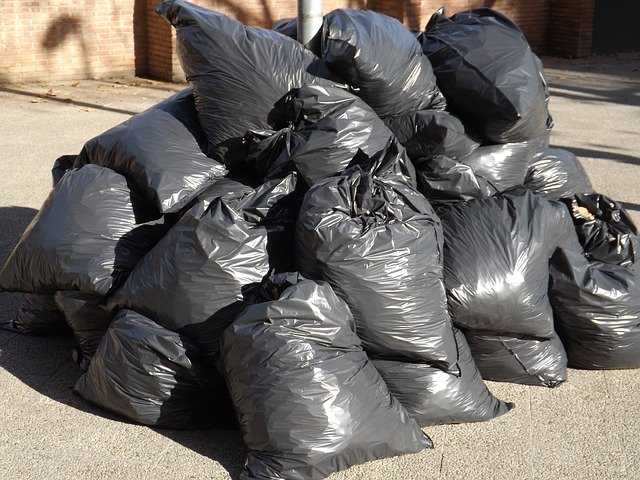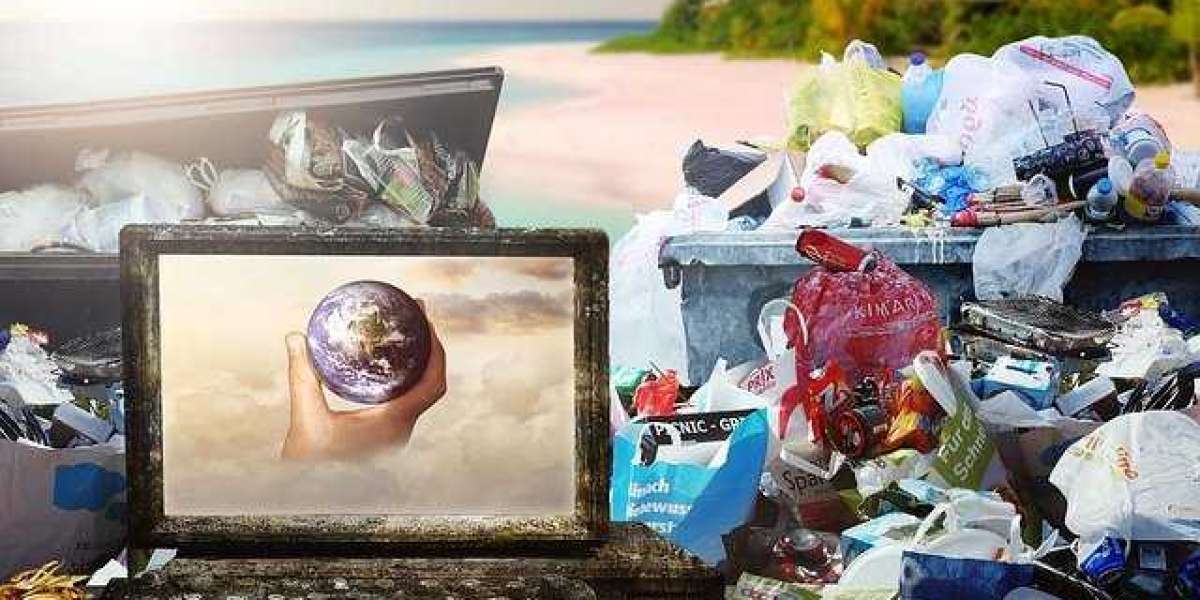According to the OECD (Organization for Economic Co-operation and Development), less than 10% of the world's plastic is recycled, prompting the organization to call for "coordinated and global solutions" ahead of the UN Environment Assembly in Nairobi on Monday, where the conclusion of a future international agreement on plastics should be discussed.
According to a new OECD estimate, 460 million tonnes of plastic were used last year, nearly double the amount used in 2000.

Only approximately 9% of plastic garbage is ultimately recycled, around 19% is burnt, and over 50% is disposed of in sanitary landfills, when losses during recycling are taken into consideration. According to the Global Plastics Outlook, the remaining 22% is dumped into containers, burned outdoors, or thrown into the wild.
The COVID-19 pandemic resulted in a 2.2 percent reduction in global plastic use in 2020 compared to the previous year.
However, as the economy improves, the usage of single-use plastics has increased and is expected to increase again.
As the world faces fast global warming and pollution, governments must respond with coordinated and global solutions, according to OECD Secretary-General Mathias Cormann in a report.
The OECD has proposed numerous solutions to this problem, including the creation of a market for recycled plastics, which now accounts for only 6% of the entire market due to the higher cost of recovered plastics.
According to the report, new technologies aimed at decreasing the environmental impact of plastics account for only 1.2 percent of all product-related advances.
The OECD claims that measures should also impact the limiting of total consumption, citing the "more circular life cycle of plastics."
The OECD also provided a graph depicting how much plastic garbage is recycled, burnt, disposed of, or dumped into the environment.
Based on the findings, he recommended for "more investment in basic waste management infrastructure," including a $ 28 billion annual investment in low- and middle-income nations.
According to a survey conducted last week in 28 countries by Ipsos for the World Wildlife Fund, an average of 88 percent of respondents said the international agreement on plastic pollution was "quite important" (23 percent), "very important". 31 percent) or “important” (34 percent).



